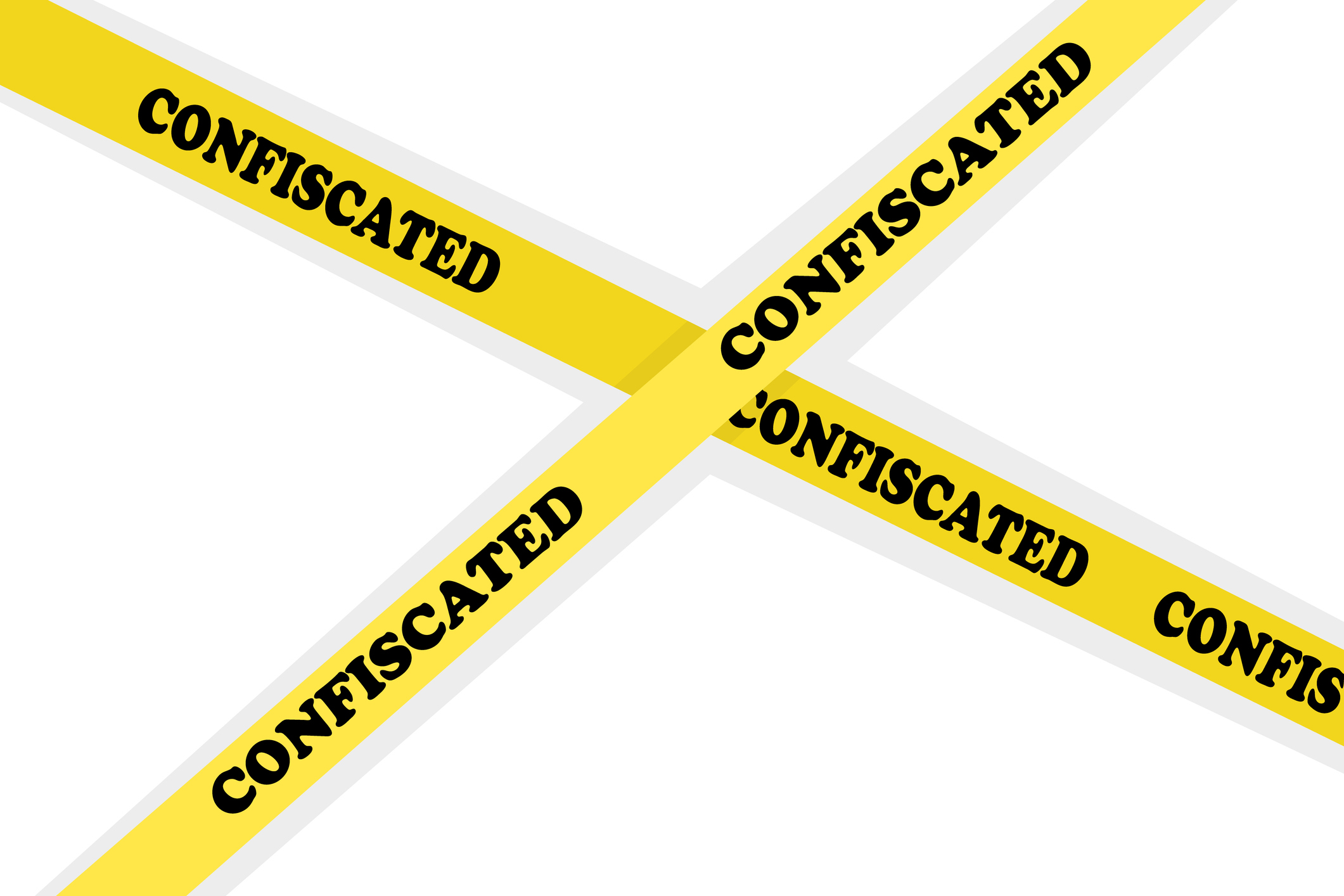Which Assets Matter Most in Financial-Aid Formulas?
When it comes to qualifying for college aid, parents should keep assets in their names -- not their child's.

Profit and prosper with the best of Kiplinger's advice on investing, taxes, retirement, personal finance and much more. Delivered daily. Enter your email in the box and click Sign Me Up.
You are now subscribed
Your newsletter sign-up was successful
Want to add more newsletters?
It's never too early to start thinking about financial aid for college if you have children. In fact, the sooner you learn the process, the better. That's because how you save for your child's education can affect the aid the you receive.
According to the October issue of Kiplinger's Personal Finance magazine, you have to save strategically if you hope to qualify for financial aid. Here's what you need to know about how financial-aid formulas weigh assets in parents' names versus a child's name:
Parental assets. The federal financial-aid formula expects parents to contribute no more than 5.6% of their savings to college costs, and it keeps some assets out of the equation altogether. Private colleges use a different formula for calculating your contributions, but the percentage from savings is similarly small. In both cases, income has a far greater impact on financial-aid eligibility than parent-owned savings do. The federal financial-aid formula and most private colleges ignore assets in retirement accounts but consider distributions from the accounts as untaxed income in the year you withdraw them.
From just $107.88 $24.99 for Kiplinger Personal Finance
Become a smarter, better informed investor. Subscribe from just $107.88 $24.99, plus get up to 4 Special Issues

Sign up for Kiplinger’s Free Newsletters
Profit and prosper with the best of expert advice on investing, taxes, retirement, personal finance and more - straight to your e-mail.
Profit and prosper with the best of expert advice - straight to your e-mail.
Child-owned assets. Child-owned assets are treated less gently. The federal formula assesses those accounts at 20%; the institutional formula, at 25%. For financial-aid purposes, you're better off saving in parent-owned accounts, which generally include 529 savings accounts, prepaid tuition accounts and Coverdells. UGMA and UTMA (custodial) accounts belong to the child, but you can transfer the money to a custodial 529 to qualify for the parents' lower assessment.
Grandparent-owned assets. The federal formula ignores assets in grandparent-owned 529 plans and cash-value life insurance but counts the distributions as income.
Profit and prosper with the best of Kiplinger's advice on investing, taxes, retirement, personal finance and much more. Delivered daily. Enter your email in the box and click Sign Me Up.

Award-winning journalist, speaker, family finance expert, and author of Mom and Dad, We Need to Talk.
Cameron Huddleston wrote the daily "Kip Tips" column for Kiplinger.com. She joined Kiplinger in 2001 after graduating from American University with an MA in economic journalism.
-
 Dow Cuts 1,277-Point Drop as Trump Tames Energy Threat: Stock Market Today
Dow Cuts 1,277-Point Drop as Trump Tames Energy Threat: Stock Market TodayTuesday's price action was volatile as market participants reacted to the escalating conflict between the U.S. and Iran.
-
 Safe or Seizable?: The IRA & Bankruptcy Protection Quiz
Safe or Seizable?: The IRA & Bankruptcy Protection QuizQuiz Depending on the type of IRA you own and/or how you inherited it, your "safe" money might actually be on the table for creditors.
-
 Is a New 9.9% Millionaire Tax Coming to Washington? What to Know
Is a New 9.9% Millionaire Tax Coming to Washington? What to KnowTax Policy Washington’s tax structure may be headed for another significant shift. Will more states start "taxing the rich"?
-
 New Ways to Use 529 Plans
New Ways to Use 529 PlansTax-free withdrawals from 529 plans could help you sharpen your job skills.
-
 I Want to Help Pay for My Grandkids' College. Should I Make a Lump-Sum 529 Plan Contribution or Spread Funds out Through the Years?
I Want to Help Pay for My Grandkids' College. Should I Make a Lump-Sum 529 Plan Contribution or Spread Funds out Through the Years?We asked a college savings professional and a financial planning expert for their advice.
-
 How Intrafamily Loans Can Bridge the Education Funding Gap
How Intrafamily Loans Can Bridge the Education Funding GapTo avoid triggering federal gift taxes, a family member can lend a student money for education at IRS-set interest rates. Here's what to keep in mind.
-
 How an Irrevocable Trust Could Pay for Education
How an Irrevocable Trust Could Pay for EducationAn education trust can be set up for one person or multiple people, and the trust maker decides how the money should be used and at what age.
-
 UTMA: A Flexible Alternative for Education Expenses and More
UTMA: A Flexible Alternative for Education Expenses and MoreThis custodial account can be used to pay for anything once the beneficiary is considered an adult in their state. There are some considerations, though.
-
 Coverdell Education Savings Accounts: A Deep Dive
Coverdell Education Savings Accounts: A Deep DiveWhile there are some limitations on income and contributions, as well as other restrictions, a Coverdell can be a bit more flexible than a 529 plan.
-
 529 Plans: A Powerful Way to Tackle Rising Education Costs
529 Plans: A Powerful Way to Tackle Rising Education CostsContributions to 529 plans grow tax-free and are not taxed when they are used to pay for qualified educational expenses for the beneficiary.
-
 Five Ways to Save on Vacation Rental Properties
Five Ways to Save on Vacation Rental PropertiesTravel Use these strategies to pay less for an apartment, condo or house when you travel.